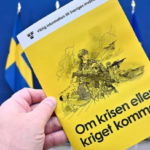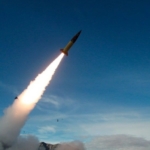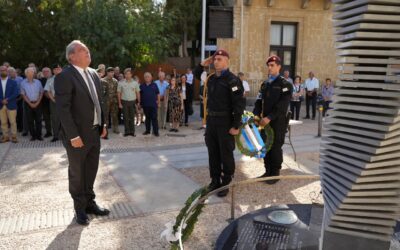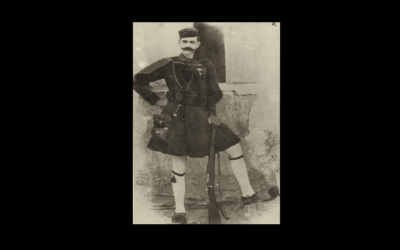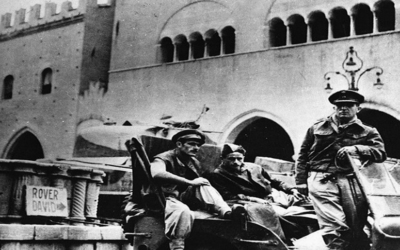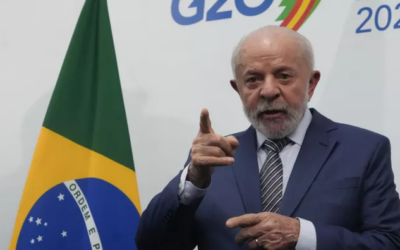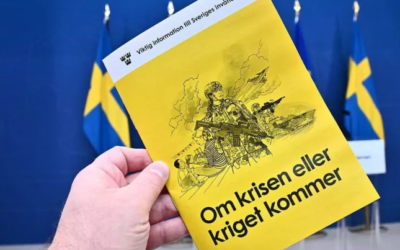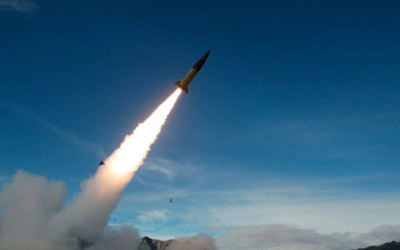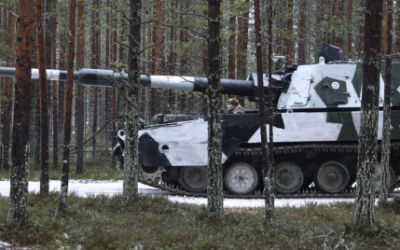The Minister of Defence of the Republic of Cyprus, Mr. Vassilis Palmas, attended the annual commemoration of the fallen of the 3rd…
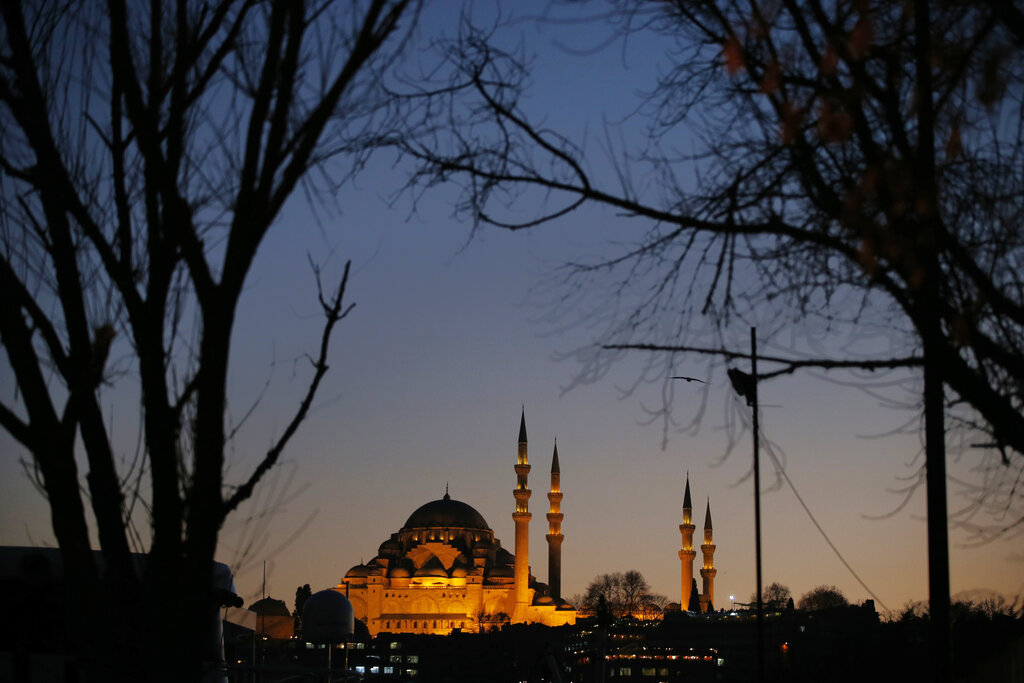
The fall of Constantinople in 1453 seems to be one of the deepest wounds in the Greek collective consciousness, similar to the Asia Minor Catastrophe.
So, like today, Constantinople fell. Ottoman troops under Sultan Mohammed II occupied Constantinople after a 53-day siege, putting an end to the Byzantine Empire. The siege lasted from April 6 to Tuesday, May 29, 1453.
Byzantium had already been weakened and divided for the last two centuries, a shadow of the old Empire. The Fall of 1204 by the Crusaders and later, after its recapture, in 1261, political and religious disputes, the inability to receive help from the West, the poor economic situation, and the flight of human resources led to gradual weakening and shrinkage.
The occupation of Gallipoli in 1354 by the Ottomans, which brought hordes of fanatical Muslim warriors to Europe, gradually encircled Byzantium, which in 1373 was subjected to the Ottoman sultan. Thus, the Fall came as an expected result of the uninterrupted expansion of the Ottoman Empire in the wider region.
The heroic resistance of Constantine Paleologos and a few thousand warriors could not save Constantinople from an enemy siege.
With the fall of May 29, 1453, the Greek continuity, which until then managed to overcome the reefs, reached a different extent, with the Ecumenical Patriarchate remaining to this day the last connecting link with Constantinople along with its last Greeks.
The conversion of Hagia Sophia into a mosque after 86 years by Turkish President Erdogan was a crime against history. As the Minister of Foreign Affairs, Nikos Dendias, stated in this regard: “Today, the transformation of Hagia Sophia, a World Heritage Site, into a mosque, as well as the vandalism of the Imperial Gate saddens every person who respects history.”
Thus, Constantinople and its fall will remain the inner longing of Romanism, a landmark reference. And as the Byzantine scholar, Eleni Arveler, has recently put it, “we are the only Balkan people who did not liberate the cradle of their genus, that is, Polis. We did not liberate Constantinople…”
Also read: 20/10/1995 | Resignation of NATO Secretary-General and the Agusta & Dassault scandal
READ MORE
120 years since the death of Pavlos Melas—The Hero of the Macedonian Struggle—Photos
The Armed Forces honor the memory of the ethnic martyr who gave his life for the liberation of Macedonia…
80 years since the Battle of Rimini – The Brigade that wrote golden pages of history
The “Rimini Brigade” wrote new pages of history for Greece, placing it in the camp of the winners. This success was linked to hope and…
THEON International | New orders amounting to €74 million having already exceeded €150 million in the 4th trimester
THEON INTERNATIONAL PLC (THEON) announced additional orders for the month of November. As a result of the…
UN | Iran has increased uranium enrichment to near weapons-grade levels
Iran has further increased its stockpile of uranium enriched to near weapons-grade levels, defying international pressure, according to…
Brazil | Arrests of military and police officers for plotting the assassination of President Lula
Brazilian police have arrested five officers accused of plotting a coup which included plans to overthrow the government following the…
Sweden | Leaflets with survival instructions in the midst of the Ukrainian crisis
Sweden started sending out five million leaflets to the country’s residents yesterday, urging them to prepare for a possible conflict…
Ukraine | The first ATACMS strike on Russian soil took place
The Ukrainian armed forces carried out their first strike on a border area within Russian territory with an ATACMS missile.
Finland | The first major NATO artillery exercise on its territory
The exercise is taking place in northern Lapland and is part of wider artillery exercises, which have been dubbed ‘Dynamic Front 25…












